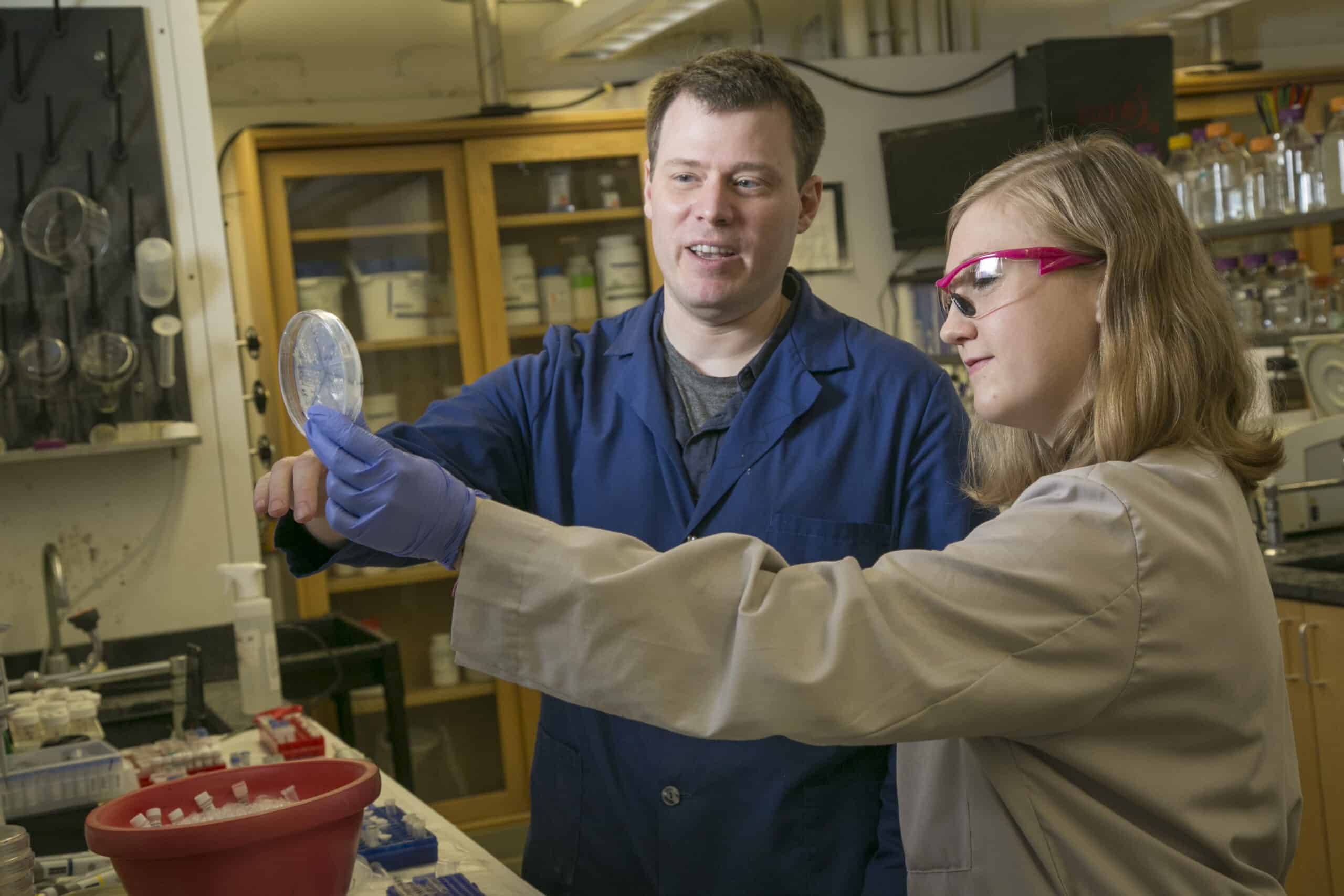Master of Engineering in BME
Become an engineering leader for industry and startups

Program Benefits
- Respected and highly-ranked graduate program
- Engineering and business courses, plus an internship
- Access to graduate certificate programs in high-demand career areas
- An array of degree concentration options aligned with faculty research
- Dedicated career support
- A track record of positive career outcomes
Curriculum
- Core Industry Preparation Courses—6 credits
- Management of High Tech Industries
- Business Fundamentals for Engineers
- Life Science course—3 credits
- Advanced Mathematics course—3 credits
- BME courses—9 credits
- Technical Electives in a Concentration Area—9 credits
- Industry Internship—0 credits

Duke BME provided me with a strong educational foundation and network to begin my career in engineering.
Typical Study Plan
Shows specialization in Drug and Gene Delivery.
| Category | Fall 1 | Spring 1 | Summer 1 | Fall 2 |
|---|---|---|---|---|
| Core Industry Preparation Courses | MENG 570: Business Fundamentals for Engineers | MENG 540: Leadership & Management Principles for Technology-Based Organizations | MENG 550: Internship [No Tuition Charged] | MENG 551: Internship Assessment |
| Departmental Requirements | BME 671L: Signal Processing and Applied Mathematics | BME 790: Physiology for Engineers | BME 578: Quantitative Cell and Tissue Engineering | |
| BME 524: Nanotechnology in Medicine | BME 577: Drug Delivery | |||
| Specialization | Elective | Elective | Elective |
Important Notes
- Undergraduate courses may be taken but cannot be used to fulfill degree requirements.
- Students may take the 3-credit independent study course BME 791 as an elective for doing research or a design project in a lab.
- Other elective courses must be selected from Engineering, Physical Sciences, Life Sciences, Mathematics, Computer Science, or related disciplines.
Additional Information
Master’s Contacts
Have a question about the program or admissions? Contact the Admissions & Recruiting team.

Sina Farsiu, Ph.D.
Director of Master’s Studies, Anderson-Rupp Professor of BME

Paul J Fearis
Associate Director of Master’s Studies, Associate Professor of the Practice in the Department of BME


